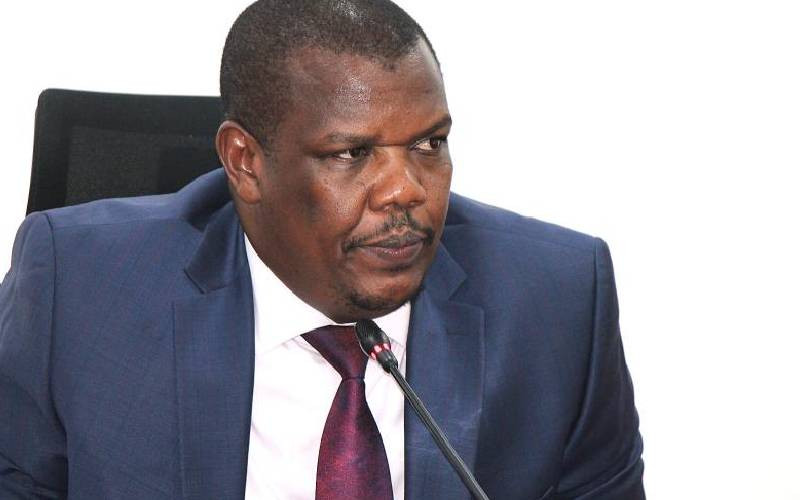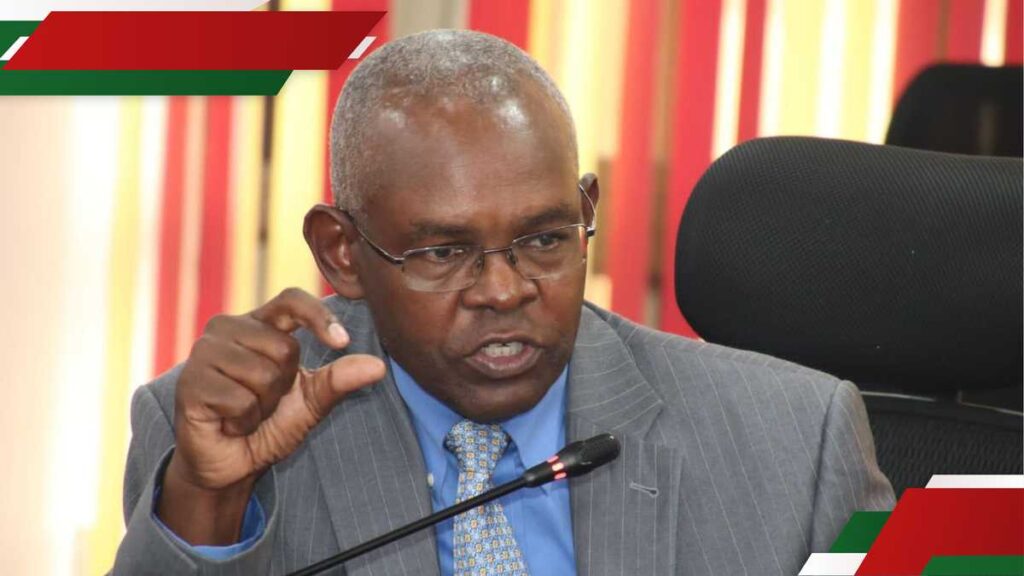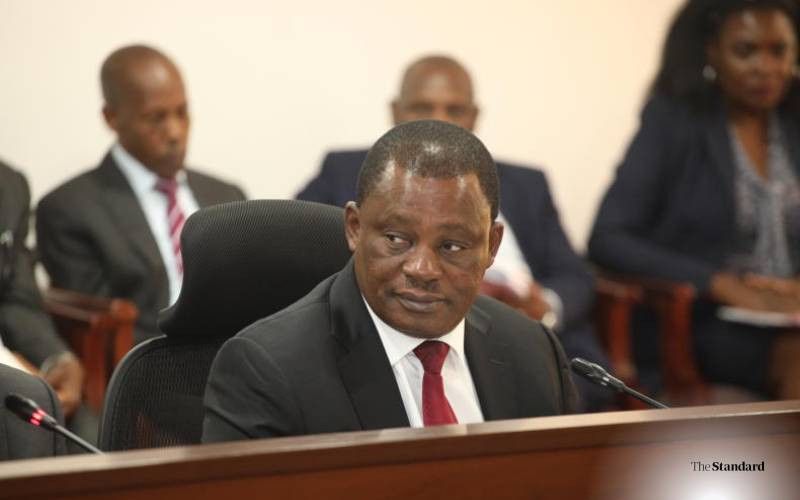The National assembly Committee on Public Investments on Governance and Education have raised an alarm over an alleged widespread mismanagement in public universities and tertiary institutions.
The committee chaired by Bumula MP Jack Wamboka, said several financial institutions are grappling with poor financial management.
While appearing before the committee, Vice Chancellors and Principals were put on the spot to explain how hundreds of millions in taxpayer funds were being spent on Enterprise Resource Planning (ERP) systems that have failed to deliver value for money.
The committee noted that most institutions were grappling with complex integration issues and data migrations due to lack of expert oversight and poor vendor selection.
The Commission for University Education (CUE) had awarded a Sh45.7 million contract for an Integrated Management Information System in 2018.
At the time of the audit, Sh30.5 million had already been paid, yet there was no clear completion date or comprehensive implementation reports, in breach of Regulation 137 of the Public Procurement and Asset Disposal Regulations, 2020.
A discrepancy of Sh2.5 million was also noted in a mortgage and car loan scheme fund, with no documentation to justify the scheme’s creation, operations, or transactions.
Additionally, the commission failed to remit 90 percent of its surplus Sh80 million as required by the Public Finance Management Regulations, 2015, placing its management in violation of the law.
Meanwhile, Kibabii University was grilled over lack of ethnic diversity in hiring.
Out of 430 staff members, a staggering 75 percent hailed from the same ethnic community.
The university also breached fiscal regulations by spending 64 percent of its revenue on salaries, nearly double the legal ceiling of 35 percent.
The committee demanded immediate measures to align staffing policies with national cohesion goals and financial prudence.
Meru National Polytechnic was on the spot over questionable payroll records.
Stay informed. Subscribe to our newsletter
The Auditor General flagged multiple irregularities including missing or duplicate KRA PINs, dubious birth dates, and 143 questionable employment contracts.
The ERP system had failed to regularize payroll deductions as per the law, and management was accused of failing to act on the audit’s recommendations.
Construction works at the institution were also marred by unauthorized changes and slow progress, with lawmakers warning of possible surcharges for principals who flout procurement laws.
Kisii National Polytechnic, Kenya School of Law, and the Council of Legal Education were turned away by the committee for failing to comply with the audit process and not showing up with all responsible officers.
They have been summoned to reappear at a later date.
Wamboka emphasized the committee’s commitment to ensuring transparency, accountability, and equitable service delivery in the education sector.
A recent report by Controller of Budget Margaret Nyakang’o revealed that public universities and national polytechnics are facing an overwhelming debt of Sh67.81 billion.
The figures show that some of Kenya’s largest and most respected universities are at risk of collapsing under the weight of financial mismanagement and chronic underfunding.
Among the biggest debtors are Kenyatta University, which owes Sh12.38 billion, the University of Nairobi with Sh12.22 billion, and Jomo Kenyatta University of Agriculture and Technology, whose debt stands at Sh9.13 billion.
These debts are owed to suppliers, statutory bodies such as NSSF and KRA, pension funds, and contractors, and delays that have hampered day-to-day operations and triggered frequent industrial unrest.
The debts include pending bills for unremitted statutory deductions, unpaid contractor fees, stalled projects, and pension arrears.
The financial weight threatens to cripple learning and research, both of which rely on consistent and adequate funding.
Moi University, once one of the country’s largest institutions, has also seen its financial health deteriorate rapidly.
With a debt of Sh7.83 billion, the university has suffered prolonged strikes, missed salary payments, and was closed for three months following unrest by teaching and non-teaching staff.
The government later pledged a Sh2.9 billion bailout to revive the institution.
Despite the financial chaos, the government maintains that no university will be allowed to shut down.

























